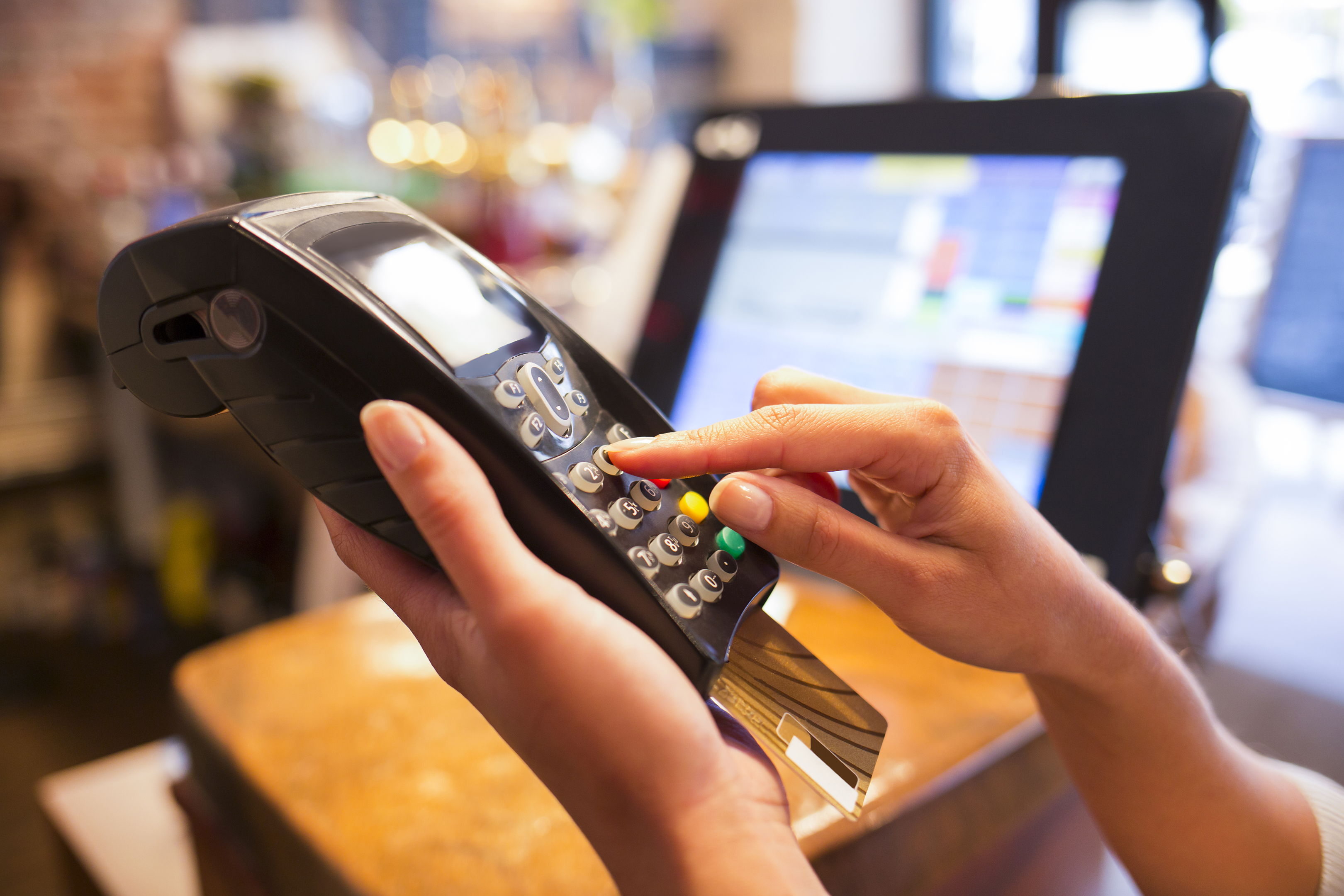
BRITISH consumers are braced for an expensive post-Brexit future, with four in five fearing price rises on goods and services, a survey has found.
Some 83% of Britons are currently concerned about price rises on goods and services and 59% are worried about the mounting cost of groceries, according to the poll for Mintel’s British Lifestyles report.
More than a third (35%) are worried about the increasing cost of holidays and 26% fear that clothes prices will rise.
Just under half of consumers (46%) say that Britain’s vote to leave the European Union will have a negative impact on the cost of living in the UK, with this figure unchanged from when the question was first asked immediately after the referendum result.
But attitudes towards Brexit’s impact on the economy appear to have softened, with 31% now believing it will have a negative impact on the UK’s economic growth, down from 39% in July 2016.
And beyond rising prices, Britons are most concerned about “bigger picture” issues such as the UK economy, the future of the NHS and the state of the environment rather than their personal situation.
Some 81% of consumers are concerned about the future health of the NHS, 68% are worried about the UK economy and 67% are nervous about the state of the environment.
In contrast, less than half of all adults (48%) are worried about their ability to pay the bills and less than two in five (37%) are concerned about their level of debt.
Jack Duckett, senior consumer lifestyles analyst at Mintel, said: “Mintel research underlines particular concern about the rising cost of in-home food, and inflation is undoubtedly going to squeeze household budgets.
“However, broader consumer confidence is still relatively strong. Despite rising prices, most people still expect their finances to hold up well over the next year.
“It’s the bigger picture issues that the UK faces, such as the NHS and the economy, that are the main concern, rather than people’s own finances.”
Despite the political upheaval, Mintel found that consumer spending rose by 3.7% last year to reach £1.2 trillion.
By 2021, it is projected that Britons will spend £1.4 trillion per annum, with growth of 17% expected over the next five years.
Mintel surveyed 2,000 internet users aged 16 and over in February.

Enjoy the convenience of having The Sunday Post delivered as a digital ePaper straight to your smartphone, tablet or computer.
Subscribe for only £5.49 a month and enjoy all the benefits of the printed paper as a digital replica.
Subscribe